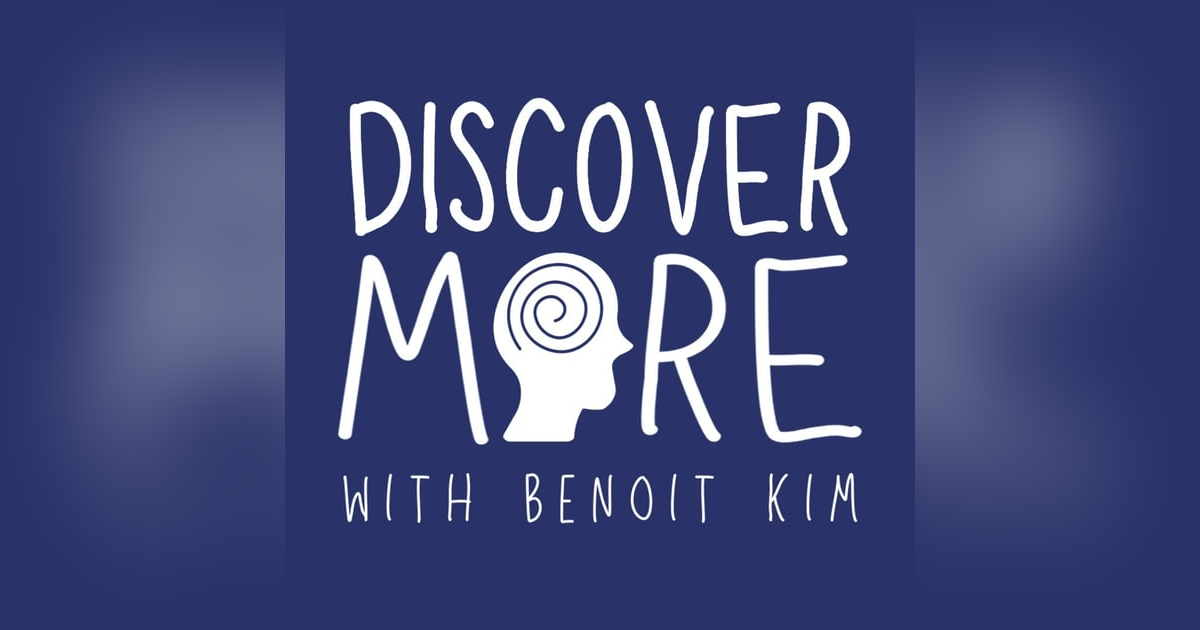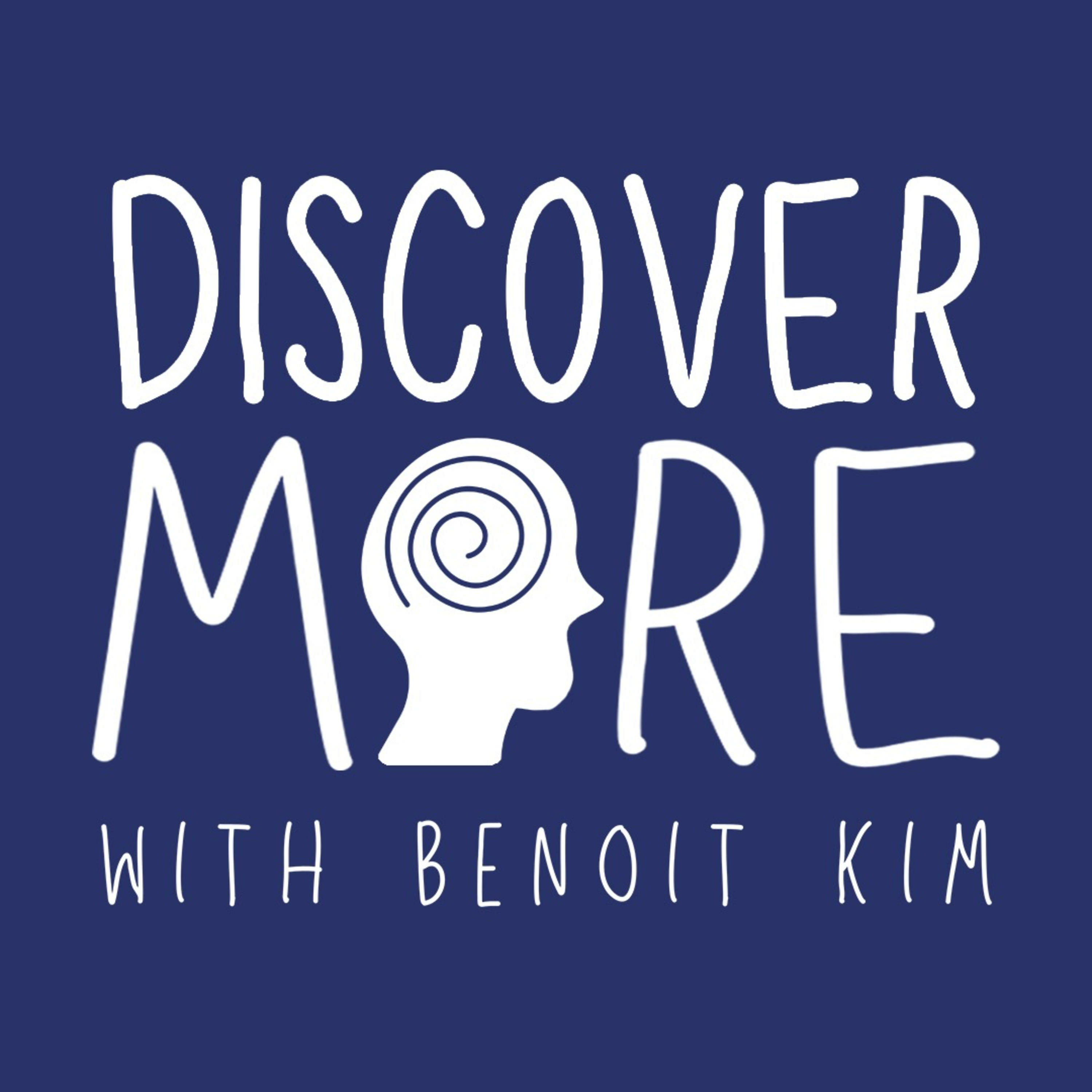28. Babies on Netflix and Care through Music and Medicine with Allison Hare


This week's guest is Allison Hare, a medical student at the University of Pennsylvania. We also dive into the power of reflection, the necessity of creative outlets, and the importance of framing your self talk around behavior rather than identity.
I worked for a lab for three or four years in college with Dr. Jenny Saffron who studies the way that infants acquire language. She says babies acquire language at a rate far more efficient than adults can. When you're like one or two years old you pick up hundreds of words every month.
How does musical exposure impact baby's ability to acquire language? Allison’s study and the lab she worked at is being featured on Netflix, on the documentary called Babies. We encourage the listeners, go check it out and we will put all the information of her research that's relevant in the show episodes.
Babies that hear two languages in the house growing up have a more plastic representation of what a word can be. Kids that hear multiple languages are more intelligent in certain ways and can learn because their definitions of what exists in the world is more broad. Once you're out of that window, the efficiency at which you learn a new language is so low.
Do you think music can help retain knowledge and get in the flow of getting knowledge absorbed? Like if you listen to a particular album when you are encoding or like, studying for a particular exam, you're going to remember that information more easily.
The NBME recently changed step one to be pass fail instead of giving students a numeric score. This could have ramifications for the way that people are selected for residency. It raises the question of how do we evaluate what makes someone a good potential future doctor?
Allison Hare is a medical student at the University of Pennsylvania, who has an immense passion for caring for and connecting with others. In this week’s episode, she tells the story of the identity crisis that occurred in high school, when she was told she wasn’t good enough to be a professional cellist. This crisis brought her to a pre-med track at the University of Wisconsin, where she majored in psychology, and worked in a research lab that was just featured in the Netflix documentary, “Babies.” 🏼 🏼 The lab studies the way infants acquire language through statistical learning, and her personal research shows the impact that music exposure can have on babies’ ability to acquire language. She shares the gratitude that she now has for this identity crisis, as it led her to medicine, a field that also allows her to connect and provide care, but on a larger scale than music. We also dive into the power of reflection, the necessity of creative outlets, and the importance of framing your self-talk around behavior rather than identity. This one touches on so many different topics and is quite insightful into the world that is medical school, so we really think you’ll enjoy it. “In that moment, I kind of realize that I don’t have to give up on the part of the music that allowed me to connect with other people when I go into medicine. I can still touch people in a way that’s deep, profound, meaningful, and real even if it is not through the cello. Just being a lending ear to someone that’s going through a difficult time or experience, or providing emotional support…Just showing someone that I care can have that same impact.” We’d really appreciate if you could leave us a rating and review on Apple Podcasts, as it really helps the podcast grow. We hope you enjoy this episode of Discover More, with us and Allison Hare. Thank you.




